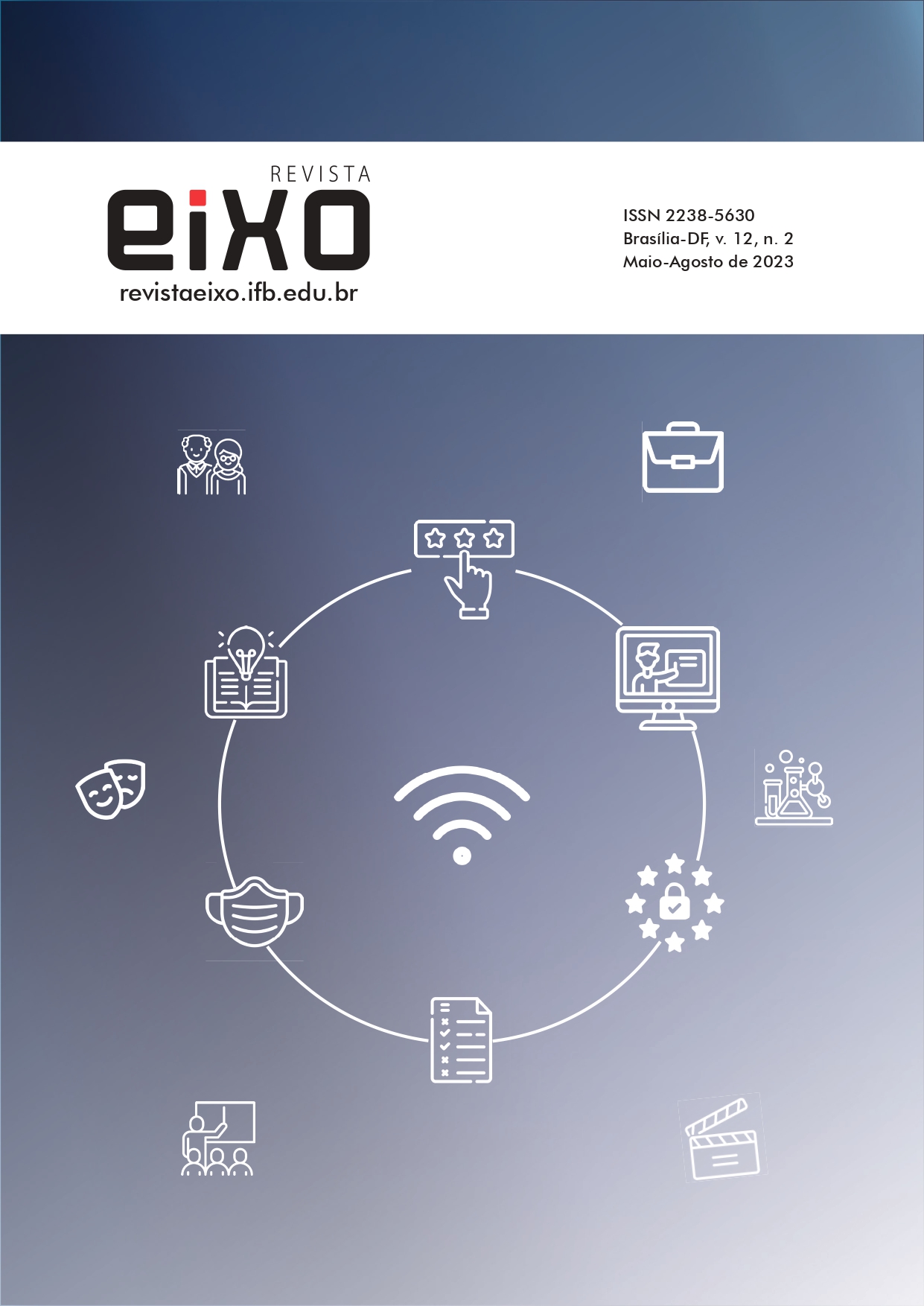PHYSICO-CHEMICAL PARAMETERS DETERMINING THE QUALITY OF FLOUR MARKETED IN SANTARÉM – PA
Abstract
The state of Pará, especially Santarém, is a large producer of cassava root, most of this production is destined for the manufacture of flour. The present work aims to evaluate the physicochemical quality parameters of the flour sold in Santarém. 149 samples were collected in 5 municipal fairs and later the granulometry, pH, alcoholic acidity, moisture content and ash in these samples were evaluated in comparison with Brazilian legislation. It was observed that no sample was classified as fine flour, and only 3 samples had moisture above the permitted level. However, in relation to ash and alcoholic acidity contents, 37.6% and 100% of the samples presented values above the allowed. In addition, the samples showed great variations in the parameters evaluated, which indicates a lack of standardization in the production stages and in the storage of the product.
Published
2023-07-26
How to Cite
Taube, P. S., da Silva, L. P., Cordovil, K. P. S., Guimarães , A. K. V., & da Silva Chaves, E. (2023). PHYSICO-CHEMICAL PARAMETERS DETERMINING THE QUALITY OF FLOUR MARKETED IN SANTARÉM – PA. REVISTA EIXO, 12(2), 4-11. https://doi.org/10.19123/eixo.v12i2.1051
Section
ARTIGOS
Autores que publicam nesta revista concordam com os seguintes termos:
- Autores mantém os direitos autorais e concedem à Revista EIXO o direito de primeira publicação, com o trabalho licenciado simultaneamente sob uma licença Creative Commons Attribution License até 5 anos após a publicação, permitindo o compartilhamento do trabalho com reconhecimento da autoria do trabalho e publicação inicial nesta revista.
- Autores têm autorização para assumir contratos adicionais separadamente, para distribuição não-exclusiva da versão do trabalho publicada nesta revista (ex.: publicar em repositório institucional ou como capítulo de livro), com reconhecimento de autoria e publicação inicial nesta revista.
- Autores têm permissão e são estimulados a publicar e distribuir seu trabalho online (ex.: em repositórios institucionais ou na sua página pessoal) a qualquer ponto antes ou durante o processo editorial, já que isso pode gerar alterações produtivas, bem como aumentar o impacto e a citação do trabalho publicado (Veja O Efeito do Acesso Livre).



